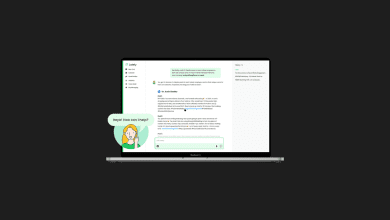Protect Your Social Media Accounts from AI-Driven Theft

Google has taken legal action against individuals who have been misusing the name of its generative AI, Bard, to trick users into downloading malicious software and demanding payments.
This legal move demonstrates Google’s dedication to protecting its AI technology, Bard, and its determination to fight against fraud linked to its name.
The lawsuit was initially brought against three individuals, believed to be located in Vietnam, for distributing a file falsely claimed to be the latest version of Bard.
Instead, this file tricks victims into downloading malware that jeopardizes their personal information, including social media account login details. This legal action highlights Google’s assertive approach to preventing its AI technology’s name from being exploited in harmful schemes.

In the legal filings made by Google, the company has levied several accusations against anonymous parties for their illegal activities. These parties are accused of distributing a file that they falsely claim to be the latest version of Google Bard, while unlawfully leveraging Google’s logo, brand, and products in their fraudulent operations.
A striking feature of their strategy involves utilizing Facebook advertisements to spread malware, a method similar to those seen in cryptocurrency scams, which typically prey on individuals less knowledgeable about emerging technologies. The scammers deceitfully market Bard, actually a free web-based application, as a downloadable paid software.
Google’s blog post disclosed that the company has issued up to 300 requests for the removal of such deceptive advertisements. Furthermore, Google is taking steps to block the creation of new domains that might be used for nefarious activities. The company is confident that these legal actions will act as a robust deterrent, forming a protective legal barrier and ensuring that those involved in such misleading practices are held accountable.










